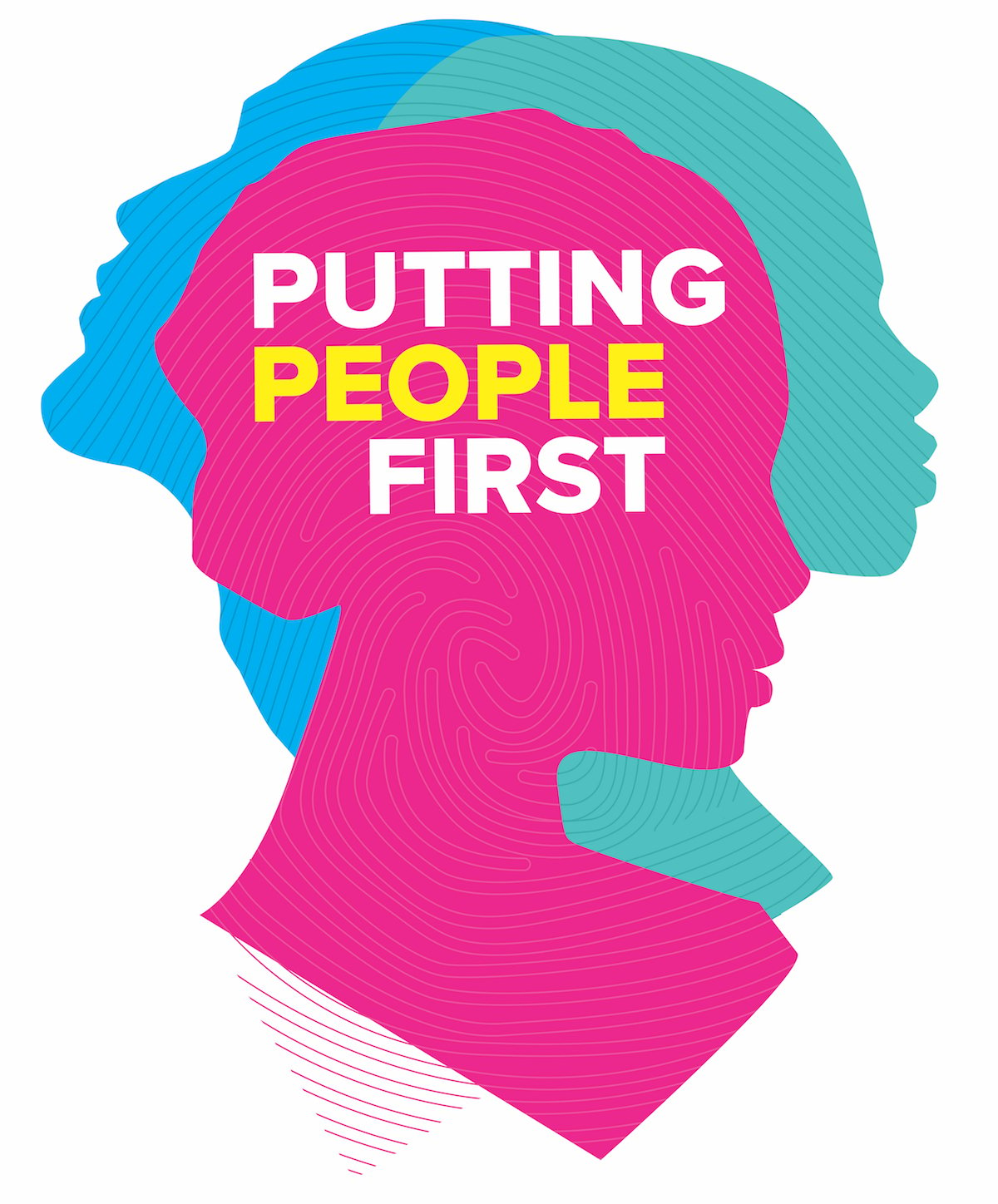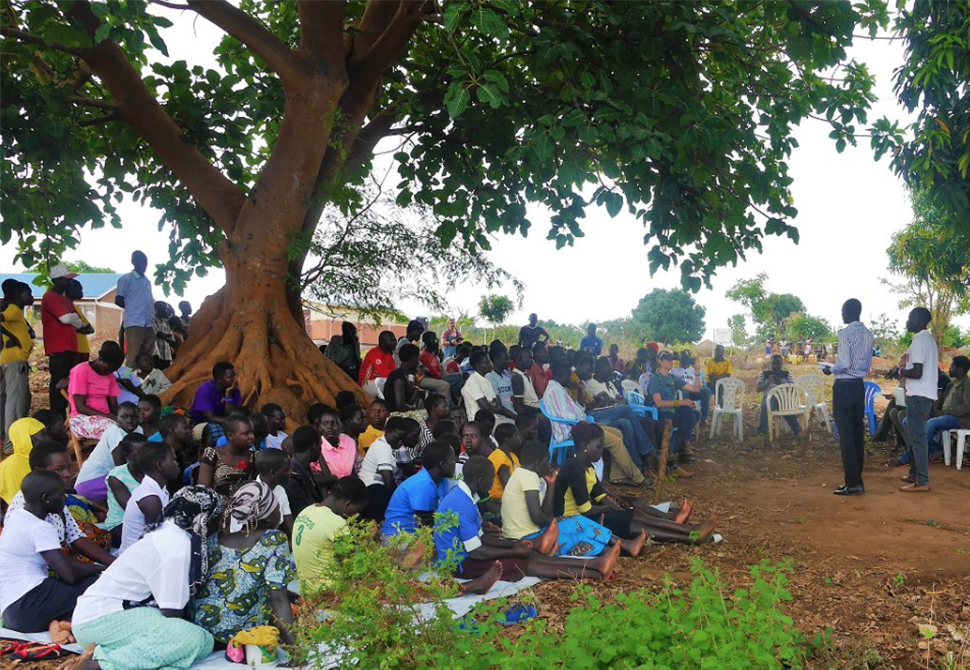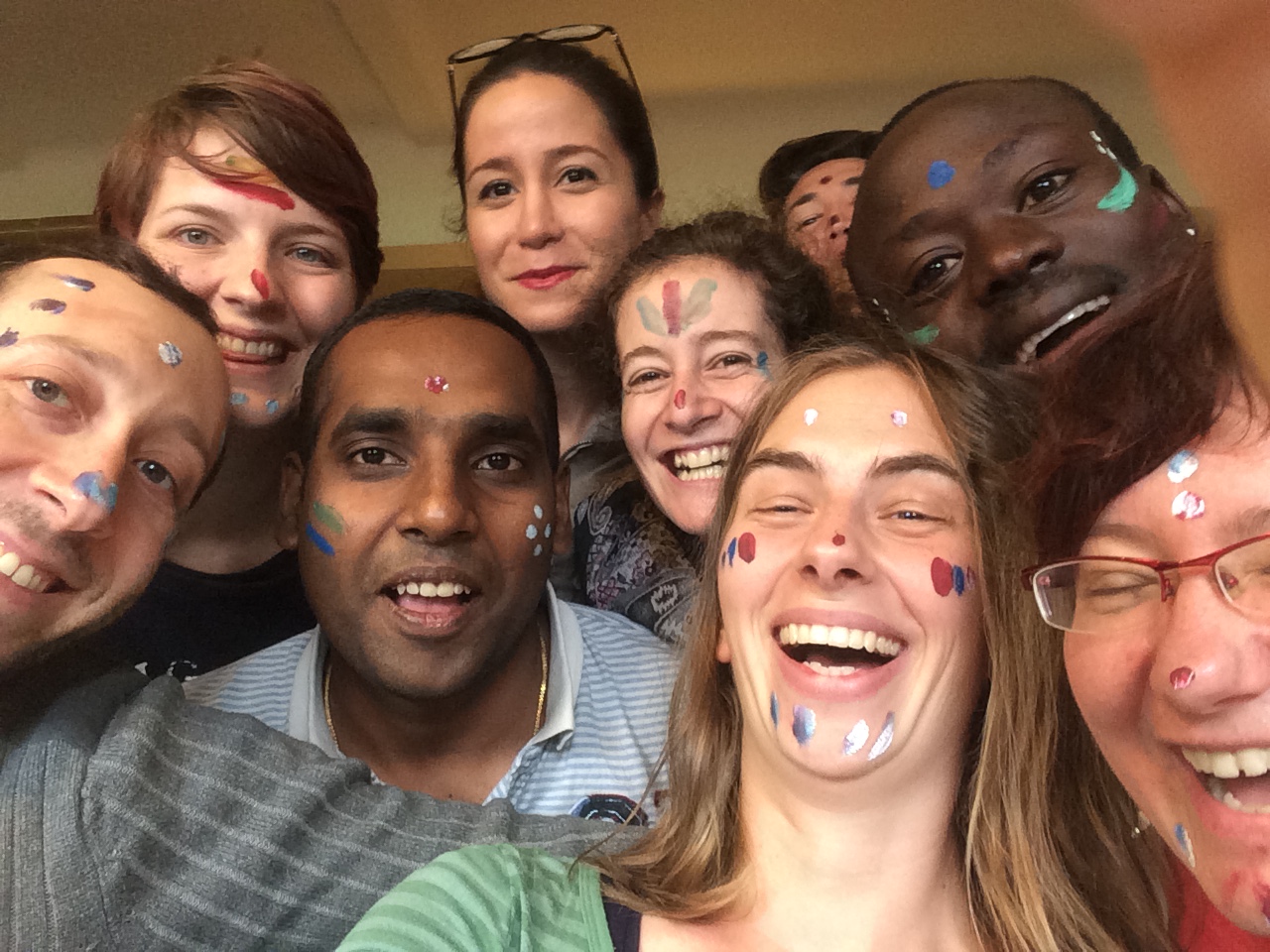

Meet the Two Winners


The SINA model is based on empowering youth to use their own skills and abilities to create a social enterprise that solves a social problem, protects the environment and also generates profits. The Social Innovation Academy in Uganda (SINA) works with youth from marginalized backgrounds, including refugees, to turn their own personal tragedies into social enterprises, thereby disrupting root causes of social problems. In 2018, SINA has spread to the Bidi Bidi refugee settlement. Five start-ups were created where refugee and host community youths transform social problems into job opportunities through the development of personal and professional skills.
Through innovation, young refugees take destiny in their own hands. SINA Loketa is awarded for building on creative capacities of young people to develop social capital in refugee and host communities.
Artemisszió’s mission is to help people break the barriers that separate cultural and social groups. Its founders believe that everybody has knowledge to share and can contribute to making the community prosper. Artemisszió created MIRA, a community regrouping 200 Hungarians and refugees from diverse backgrounds, where the common goal is not to help each other “integrate”, but to build up a society that is proud of its diversity. MIRA provides creative space for young, talented refugees to share their skills and merchandise their products.
Artemisszió is awarded for its innovative approach to striking concept “building a community where we all like to live together”.
Meet the Eight Shortlisted Candidates
Counterpoints Arts in the United Kingdom proposed ‘Ongoing Journeys’, an interactive multi-media web-based digital model that incorporates photography, film and audio in a non-linear platform to act as a ‘virtual meeting place’ between displaced people and the wider public in the UK. The primary audiences are secondary school students, targeted through workshops, and museum/gallery visitors by way of digital installations. The aim is to address the deep misunderstanding towards global displacement crisis and realities of experiences of displaced people across the UK.
DCA Kenya and DCA Learning Lab prototyped a localized, participatory and blended approach to building youth’s business skills and entrepreneurship via mobile phones in Kakuma refugee camp. By involving learners from both refugee and host community into content creation through identifying learning objectives and priorities, and by collaborating with local media office to produce content, this proposal aims to deliver training for youth development which is context-relevant and cost-efficient with a strong focus on peer-to-peer learning.
DCA in Uganda works to promote financial inclusion by providing agricultural and marketing information to farmers in refugee and host communities in order to enable them to increase income through producing crops for the market. DCA plans to use existing GMS services offered by Mobile Network Operators in delivering information on appropriate agronomic practices, market information and available digital financing services.
Makers for Change in France believes collaboration between diverse social groups improve social integration. It proposed to promote intercultural dialogue via its digital tool “Matching for Change” to create working groups, with participants united by shared interests and motivations rather than origins and social backgrounds. These groups will then be supported in the creation of intercultural projects. Markers for Change works closely with city of Strasbourg and testifies the important role local government can play in building solidarity and social inclusion.
METAdrasi is a NGO dedicated to communication between refugees and the local communities and authorities. It proposed to test how community interpretation can be provided by a social enterprise, that remains committed to METAdrasi’s values, will benefit from the trust built around the METAdrasi brand and existing cooperation with public and private entities while reinforcing the integration of refugees. By creating SYNAPSE, a social enterprise that belongs equally to all its members, METAdrasi will evaluate if SYNAPSE will hold the expertise and values of community interpretation while being able to effectively compete in the marketplace.
Refu Interim in Belgium aims to address the challenge of finding jobs and combating discrimination and other difficulties refugees face at the workplace. They proposed to create an immersive role-playing game named “Camplife” that confronts companies and organisations (employers) with challenges and experiences of refugees and how these can mirror those common in the Belgian life and workplace. “Camplife” can be a tool for intercultural communication and awareness-raising about refugees issues in the workplace.
Terre des hommes proposed ‘People to People’ (PtP) deliveries, an online platform that allows people to transfer goods and services safely among each other, overcoming the lack of postal services between two conflict sides. Two types of users such as ‘senders’ and ‘couriers’ would be able to interact through the website/app, rate each other and leave feedback for the services provided. At later stage, the proposal is to also test the user experience with elderly people. The proposal will also test on how to involve more female participation to ensure gender balance and equality on the platform.
Translators without Borders aims to address language gaps in humanitarian emergencies by expanding voice/text machine translation (MT) within a communication tool for migrant and refugee children and youth to improve access to information and user feedback. The goal is to produce data sets in marginalized languages that are of particular relevance in in humanitarian work, for example Levantine Arabic, a dialect of Syria and neighbouring countries. MT will be integrated into the Miniila App, to test whether this improves communications between organizations and unaccompanied youth.
